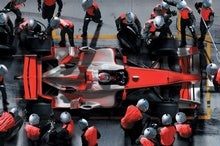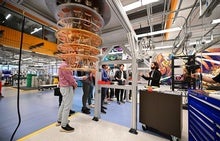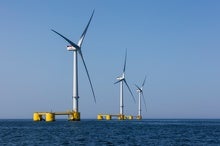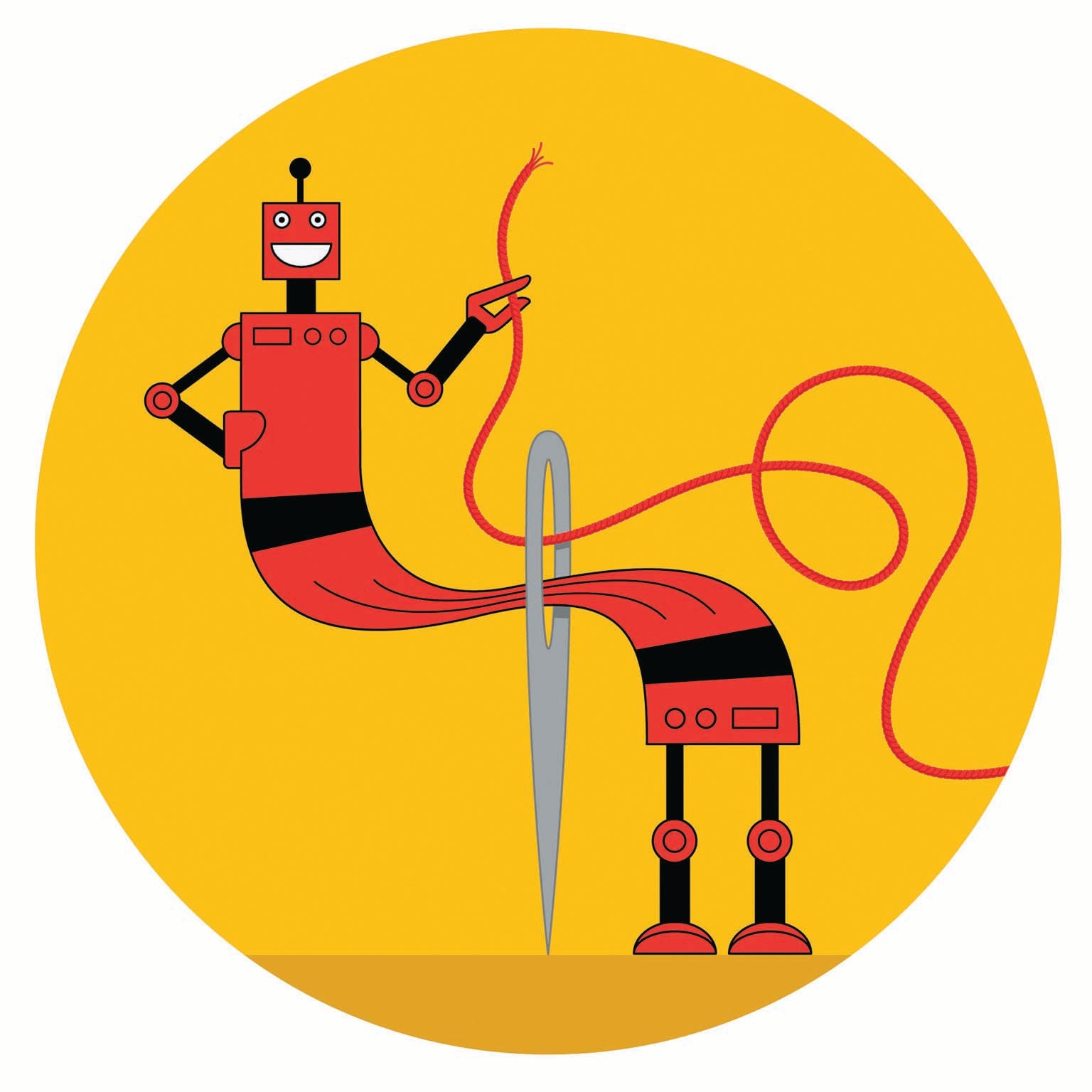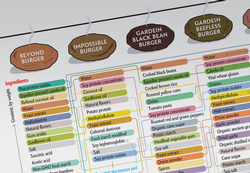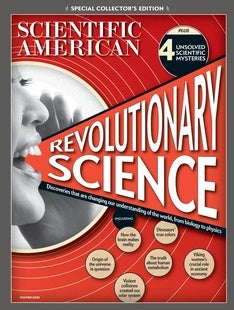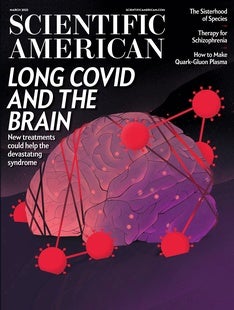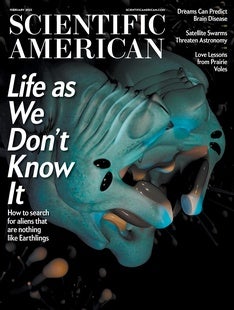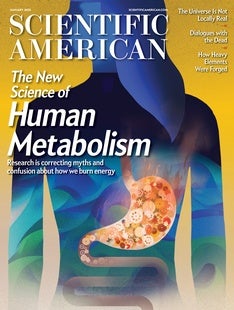 |
| February 28, 2023 |
The world of plant-based meat substitutes is thriving. But when it comes to fish, options have been much more limited—until now. A school of vegan fish startups are beginning to leap the obstacles to engineering plant-based salmon filets and tuna steaks. Read about how they did it in this week's top story! |
| |
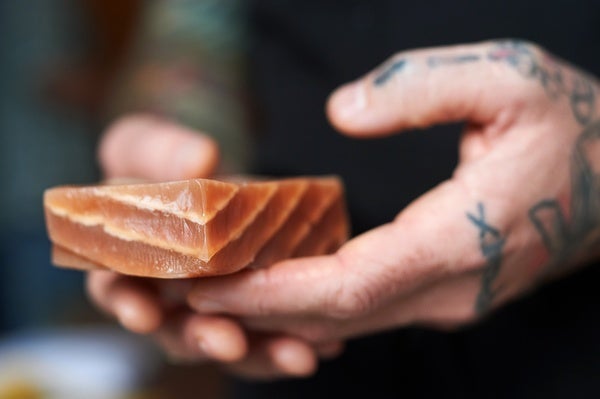 |
| |
| |
| |
| |
| |
| |
| |
| |
| |
| |
| QUOTE OF THE DAY
 "I couldn't believe it--it had worked. I had used an AI-powered replica of a voice to break into a bank account." Joseph Cox, Motherboard | |
FROM THE ARCHIVE
 | | | |
LATEST ISSUES
 |
| |
| Questions? Comments?  | |
| Download the Scientific American App |
| |
| |








